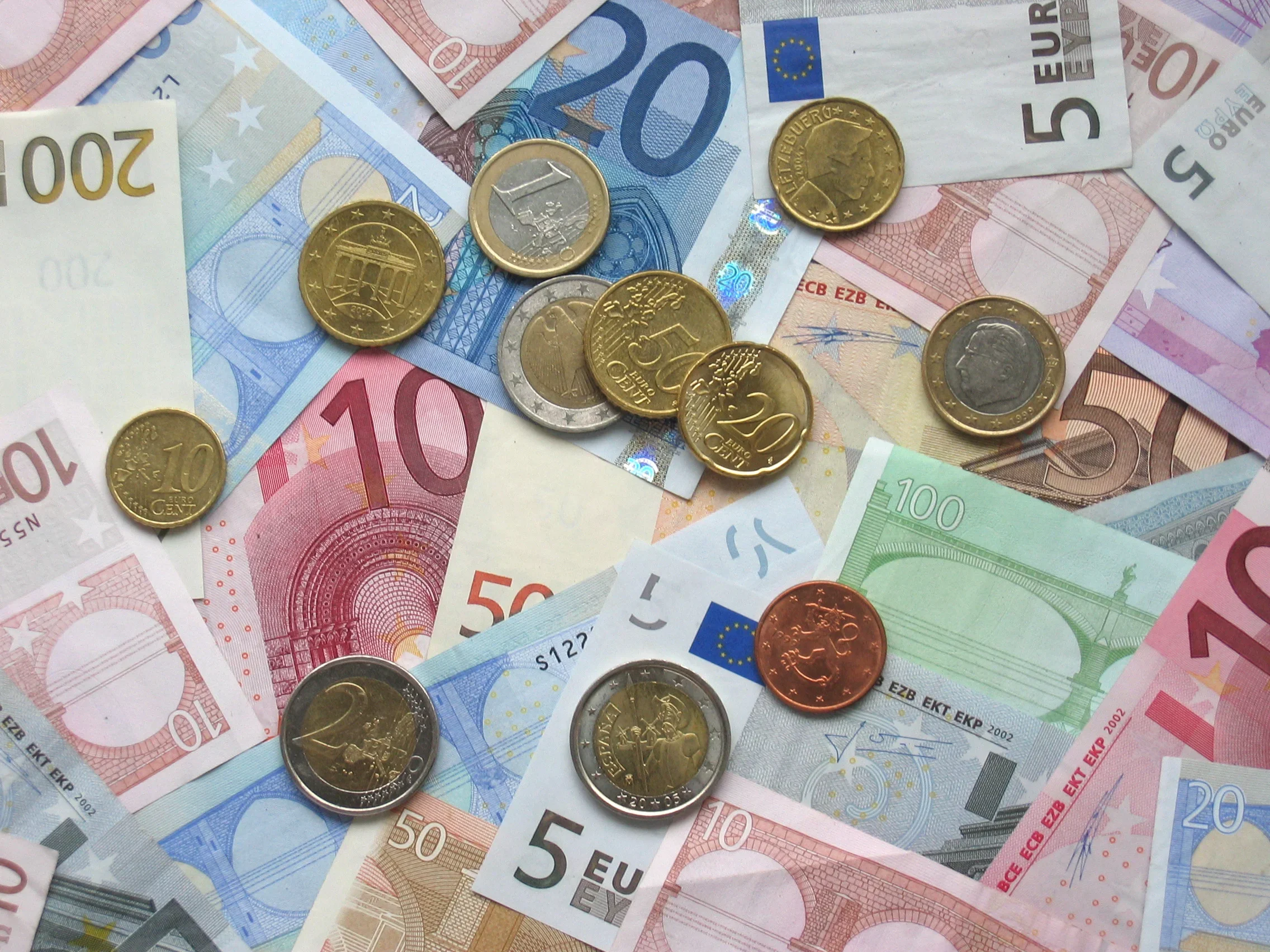The European Union Intellectual Property Office (EUIPO) collects data on fraud, where the public data of intellectual property (IP) right holders is used by fraudsters for cross-border crimes. To assess the scale of the problem, EUROPOL published a report, funded by EUIPO, on the situation in 2024: "Deceptive invoicing scams targeting intellectual property right holders".
The 2024 report is an update on previous strategic reports and highlights the evolving tactics and trends of fraudsters. It notes a significant increase in fraudulent activities targeting IP right holders and applicants. Fraudsters use sophisticated methods such as email spoofing, phishing attacks, and impersonating official bodies like EUIPO to force victims to pay unnecessary fees.
The report indicates that payment requests sent by email and mail have increased significantly since the beginning of 2023. The average fee requested by fraudsters is 1,500 euros, resulting in an approximate annual profit of over 26 million euros. Additionally, fraudsters are using digitalization and artificial intelligence to facilitate their criminal activities.
EUIPO works closely with EUROPOL, other law enforcement authorities, and the Anti-Fraud Network to protect IP right holders and applicants in the EU. Thanks to EUIPO's active involvement, courts in Sweden and Germany have ruled that the sending of misleading payment requests constitutes fraud.
You may also like
 NRA Issued 286 Acts for Violations During Euro Introduction – Over 360,000 Leva in Fines
NRA Issued 286 Acts for Violations During Euro Introduction – Over 360,000 Leva in Fines NRA Checked Over 3200 Sites Regarding Euro: Violations Amount to 125,000 Euros
NRA Checked Over 3200 Sites Regarding Euro: Violations Amount to 125,000 Euros 5 More Days: Bulgaria Transitions to the Euro - What You Need to Know
5 More Days: Bulgaria Transitions to the Euro - What You Need to Know Amendments to the Cybersecurity Act Adopted: New Requirements and Restrictions for Businesses
Amendments to the Cybersecurity Act Adopted: New Requirements and Restrictions for Businesses
To increase overall efforts, EUIPO coordinates the Anti-Fraud Network, which includes representatives from national and regional IP offices, EUROPOL, Eurojust, and user associations. Citizens can obtain information on legitimate payment methods and report suspicious activities to the relevant authorities and EUIPO.




Коментари (0)
Все още няма коментари.